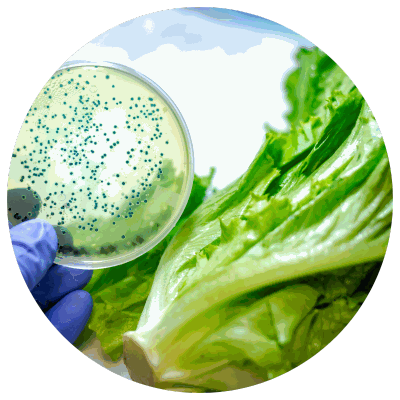Novel assay from hybride DNA-RNA may be used for detection of food contaminated with salmonella
June 03, 2023 | Microbiology Lab
However, when the sample mixture contains salmonella, the upper layer is released thanks to the salmonella RNase H specifically cleaving the DNA-RNA linker probe. When the gold-containing solution is then drained onto an absorbent pad with a nylon membrane, a clear red spot indicates the presence of salmonella in the sample being tested. The team also tested the specificity of their system, finding it did not falsely detect the presence of other bacteria containing RNAse H.
The authors highlight that the test is not only much less complex than other methods for detecting salmonella, but also much faster. In contrast to other methods, only one hour of incubation in a pipette tip is required for highly sensitive detection of salmonella, for example, in ground beef. In the future, the team envision developing more nucleic acid probes which can specifically detect other infectious pathogens, for example coliform bacteria such as E. coli.
